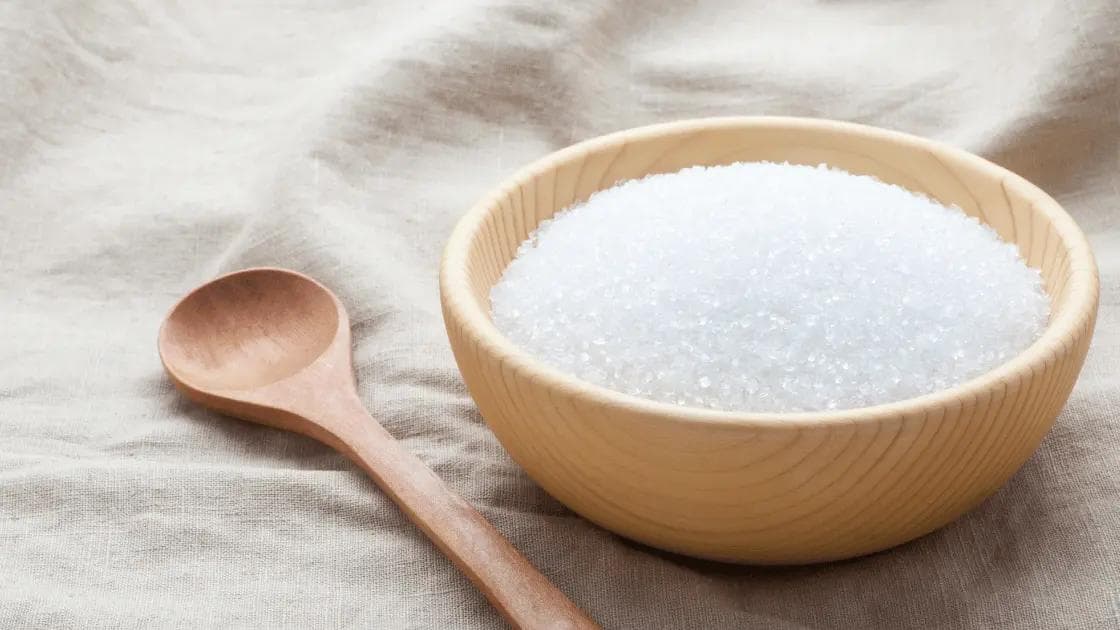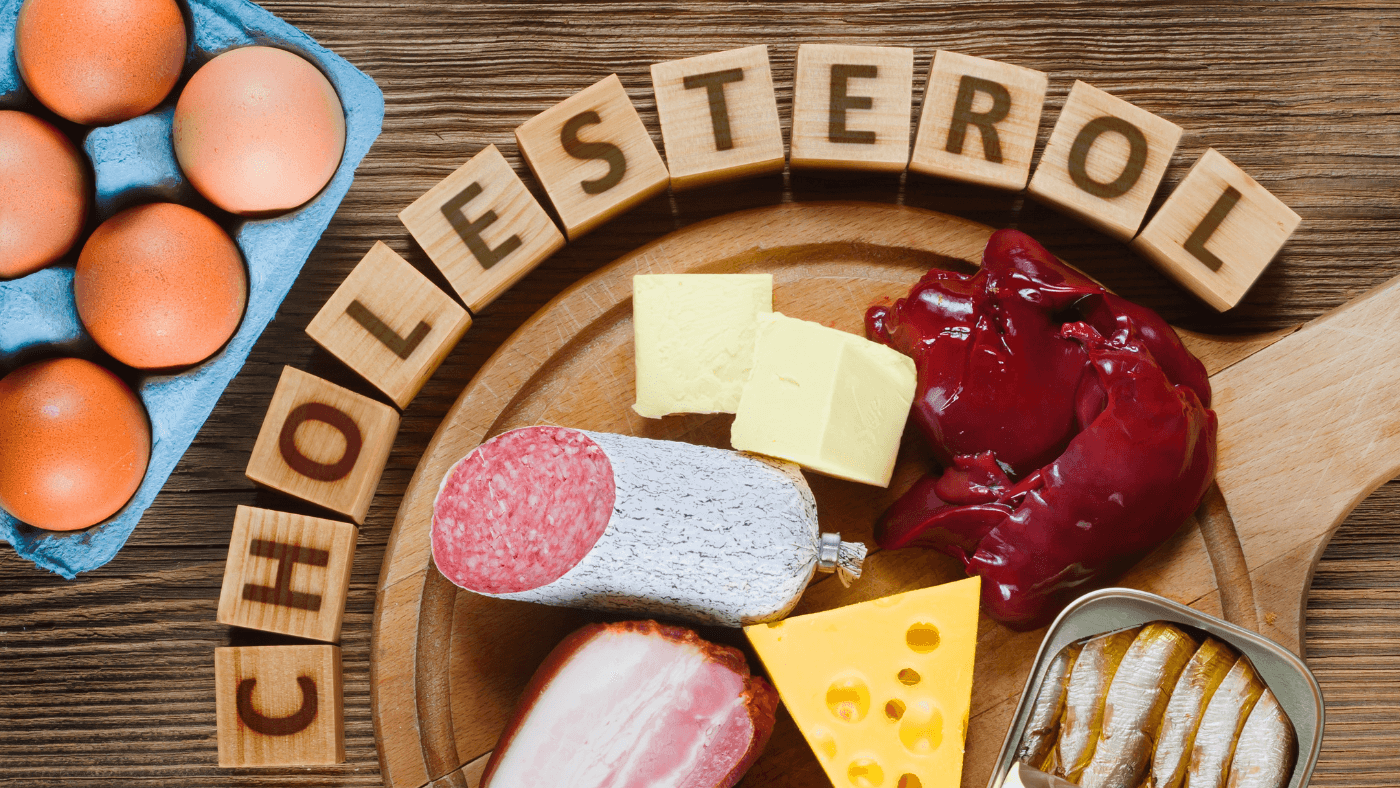
Have you ever wondered why maintaining healthy blood pressure is crucial for your heart and overall well-being? High blood pressure, or hypertension, is often called the “silent killer” because it usually has no symptoms, yet it can lead to serious health complications. Understanding what blood pressure is and how to manage it can significantly improve your quality of life. Let’s explore the basics and learn practical tips to keep your blood pressure in check.
What is Blood Pressure?
Blood pressure is the force of your blood pushing against the walls of your arteries as your heart pumps it around your body. Blood pressure is measured using two numbers:
Systolic Pressure: This is the higher number, representing the pressure in your arteries when your heart beats.
Diastolic Pressure: This is the lower number, indicating the pressure in your arteries when your heart rests between beats.
For example, a reading of 120/80 mmHg means a systolic pressure of 120 and a diastolic pressure of 80. Normal blood pressure is typically around 120/80 mmHg.
What is Hypertension?
Hypertension, or high blood pressure, occurs when your blood pressure readings consistently exceed the normal range. It can silently damage your arteries and vital organs, leading to serious health problems such as:
- Heart Attack: When the blood supply to your heart is blocked.
- Stroke: When the blood supply to your brain is interrupted.
- Kidney Damage: When the blood vessels in your kidneys are damaged.
Why is Blood Pressure Important?
Maintaining healthy blood pressure levels is essential for your overall health. High blood pressure can damage your arteries, reduce blood flow and oxygen to your heart, and increase the risk of severe health complications. By managing your blood pressure, you can:
- Protect your heart from damage.
- Lower your risk of heart attack and stroke.
- Preserve your kidney function.
For more information on managing heart health, you can explore our Chronic Condition Management Services.
What Causes Hypertension?
Several factors contribute to high blood pressure, including:
- Unhealthy Diet: Consuming too much salt, processed foods, and not enough fruits and vegetables.
- Lack of Physical Activity: Leading a sedentary lifestyle.
- Obesity: Carrying extra weight increases the strain on your heart, Learn more about managing weight in our Obesity Blog.
- Stress: Chronic stress can contribute to elevated blood pressure.
- Genetics: Family history of hypertension.
- Smoking and Alcohol: Both can raise your blood pressure.
How to Manage and Lower Your Blood Pressure
Managing blood pressure is essential for reducing your risk of cardiovascular diseases. Here are practical steps you can take:
1. Eat a Balanced Diet
- Incorporate plenty of fruits, vegetables, whole grains, and lean proteins into your meals.
- Reduce salt intake by avoiding processed foods and using herbs and spices for flavor.
- Limit sugary foods and drinks that can spike blood pressure.
2. Exercise Regularly
- Aim for at least 30 minutes of moderate exercise most days of the week. Activities like walking, cycling, or swimming help lower blood pressure and improve cardiovascular health.
3. Maintain a Healthy Weight
- If you are overweight, losing even a small amount of weight can significantly lower your blood pressure.
- Focus on a balanced diet and regular exercise to reach and maintain a healthy weight.
4. Manage Stress
- Practice relaxation techniques such as deep breathing, meditation, or yoga to help reduce stress.
- Make time for activities you enjoy and find calming.
5. Limit Alcohol and Quit Smoking
- If you drink alcohol, do so in moderation. For men, this means up to two drinks per day, and for women, up to one drink per day.
- If you smoke, seek help to quit. Smoking cessation programs, medications, and support groups can help you successfully quit, for more guidance is available through our Primary Care Services.
6. Monitor Your Blood Pressure
- Regularly monitor your blood pressure at home using a reliable monitor.
- Keeping track of your blood pressure readings can help you and your doctor make informed decisions about your management plan.
The Role of Your Environment
Your environment can have a significant impact on your blood pressure. Here’s how you can create a supportive environment to help manage hypertension:
- Create a Relaxing Home Environment: Surround yourself with calming colors, soothing music, and a clutter-free space to reduce stress.
- Build a Support Network: Connect with friends, family, or support groups who can offer encouragement and understanding.
- Make Healthy Choices Together: Encourage your family to join you in eating healthy, exercising, and making other positive lifestyle changes.
How We Can Help You?
At Fanous Clinic, we are dedicated to helping you manage and improve your blood pressure. Our comprehensive services include:
- Blood pressure monitoring and personalized treatment plans.
- Dietary and lifestyle counseling to help you make healthy choices that support your heart.
- Guidance on stress management and quitting smoking to reduce your blood pressure naturally.
- Medication management for those who need additional help controlling their blood pressure.
We work closely with each patient to develop a tailored plan that fits your unique health needs. By taking a holistic approach to blood pressure management, we help you take control of your health and reduce your risk of serious complications.
Worried about your blood pressure? Schedule an appointment today with our team to get personalized advice and start improving your heart health.
Q&A Section
Q1: What defines high blood pressure?
A: High blood pressure is typically a reading above 130/80 mmHg. Consult your doctor for an accurate diagnosis and personalized management plan.
Q2: How frequently should I check my blood pressure?
A: Monitor your blood pressure daily if you have hypertension or follow your doctor’s advice based on your risk factors and health condition.
Q3: Can lifestyle changes control high blood pressure?
A: Yes, healthy changes like regular exercise, reducing salt intake, and managing stress can lower blood pressure. However, some cases also need medication.
Q4: Can stress increase blood pressure?
A: Yes, stress releases hormones that raise blood pressure temporarily, and chronic stress can lead to long-term hypertension if not managed.
Q5: Which foods raise blood pressure?
A: Avoid processed foods high in salt and sugar, like salty snacks and sugary drinks. Choose fresh fruits, vegetables, and lean proteins instead.
Q6: What happens if high blood pressure isn’t treated?
A: Untreated high blood pressure can cause serious complications, including heart attacks, strokes, kidney damage, and vision issues.
Q7: Does high blood pressure cause symptoms?
A: Most people don’t experience symptoms, but severe cases may cause headaches or dizziness. Regular monitoring is essential.
Q8: Why does quitting smoking help blood pressure?
A: Quitting smoking improves blood vessel health and reduces heart rate, helping to lower blood pressure and improve overall cardiovascular health.
Q9: Can high blood pressure be cured with medications?
A: Medications manage hypertension effectively, but they often do not cure it. A healthy lifestyle is essential to long-term blood pressure control.
Q10: How much exercise helps lower blood pressure?
A: At least 30 minutes of moderate exercise most days of the week can help reduce and maintain healthy blood pressure levels.
Disclaimer: The information provided on this website is for general informational purposes only and should not be construed as medical advice. Please consult your healthcare provider for personalized medical guidance.



